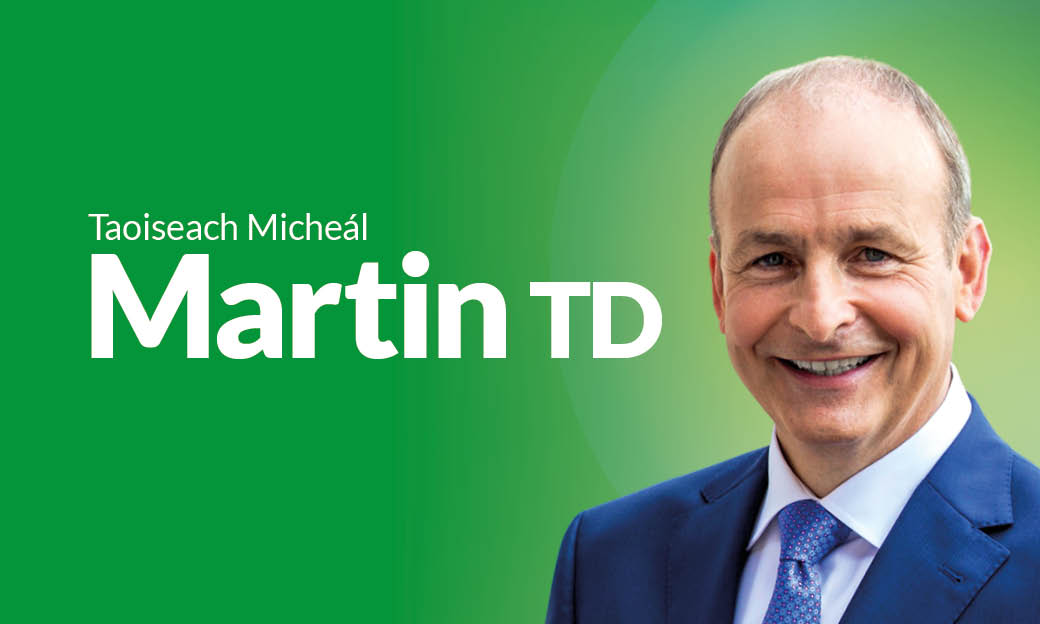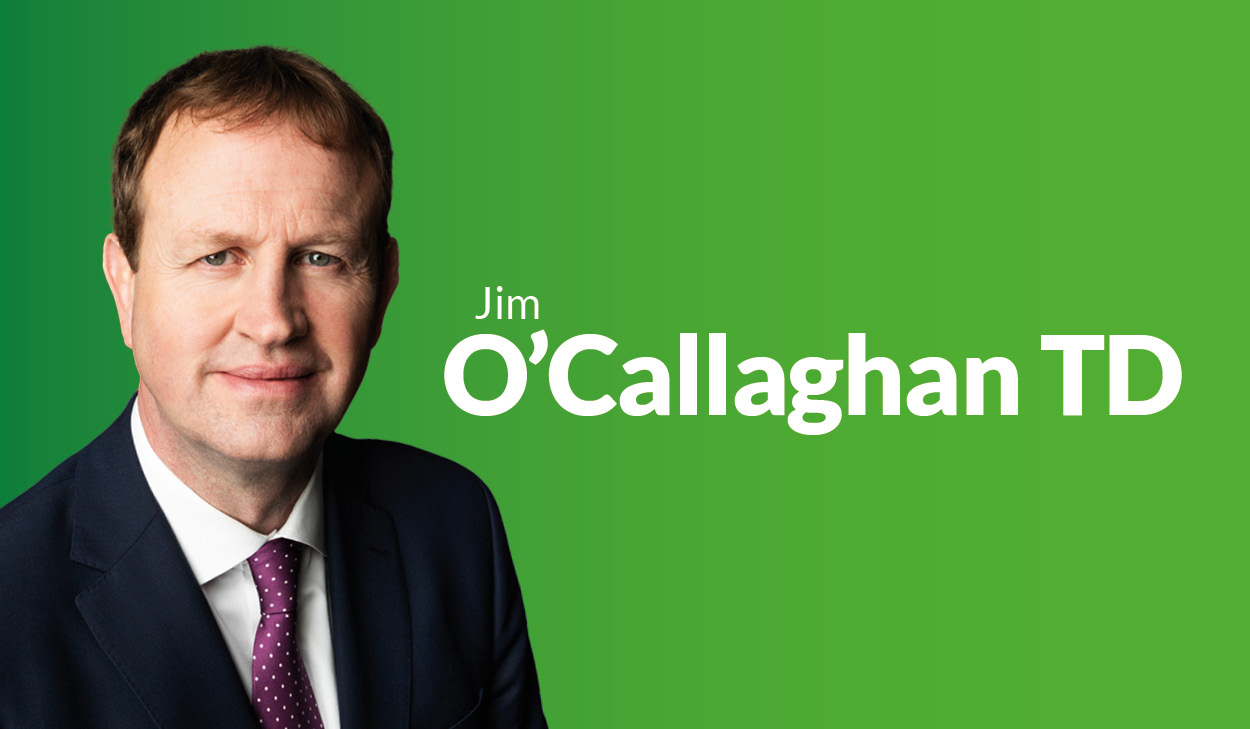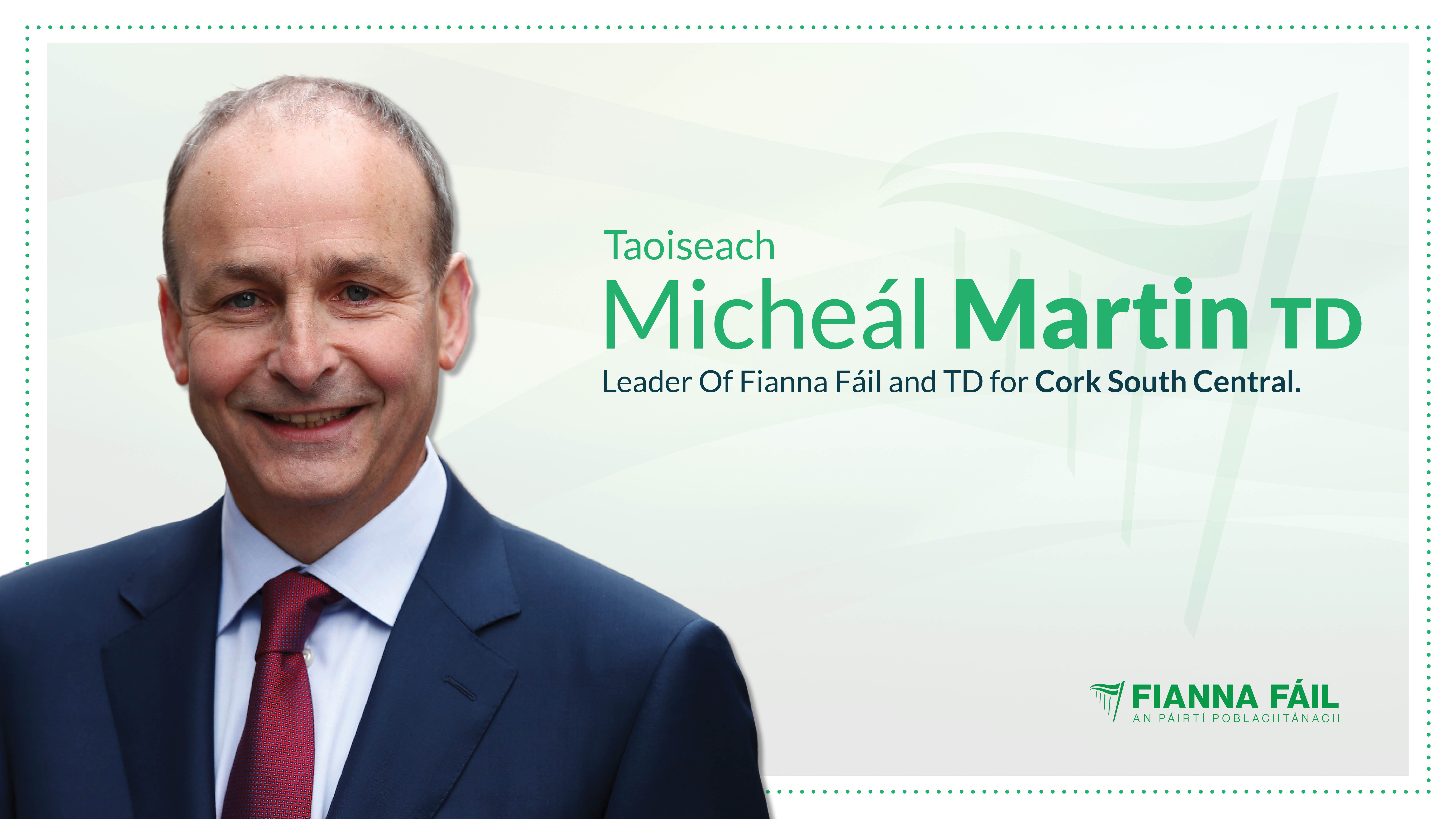Development of offshore wind energy should be fast-tracked to 37GW by 2030 - Barry Cowen
Published on: 23 April 2024
Barry Cowen TD, Fianna Fáil candidate for the European elections, has called on Government to fast-track the development of 37 gigawatts (GW) of offshore wind energy and to designate more sea areas to help Ireland realise its potential of becoming the offshore renewable energy powerhouse of Europe.
“I have met with leading European renewable energy developer Source Galileo today who have reaffirmed my view that Ireland’s target of delivering 7 GW of offshore wind by 2030 is far from ambitious and that the target of delivering 37 GW by 2050 should be fast-tracked to 2030 at a minimum,” Deputy Cowen said.
“Significant funding is available from the European Commission to help Ireland accelerate the process of designating sea areas, awarding licences and approving renewable energy projects. The Government must act immediately to secure this funding to help Ireland improve its energy security, to reduce energy pricing and become a major high value energy exporter.
“Ireland is not moving fast enough to designate sea areas for offshore deep fixed and floating wind energy development, and we are being left behind by other European countries who have set more ambitious targets,” he added.
“The UK is the world leader. It already has 14 GW operational and is aiming to have 50 GW operational by 2030, including 5 GW of floating. Norway will have identified 35 GW of sea areas by the end of 2025, with 2 GW of floating deployed by 2030. Ireland has the best resource in the European Union but our lack of ambition is the reason why global investors are now looking beyond Ireland to other countries.
“The development of offshore wind energy and the deployment of floating offshore wind technology is essential to helping Ireland to meet its binding climate change targets. Ireland is not on track to achieve any of these targets and is facing a compliance cost of €8 billion in the worst-case scenario,” he continued.
Deputy Cowen stated that the scale of the challenge facing Ireland was underlined by an EU commitment that 42.5% of total energy should come from renewables by 2030, on the way to becoming a climate neutral bloc by 2050.
“Ireland uses approximately 160 TWh of final energy a year. Electricity represents 30 TWh of that, of which only 9 TWh is renewable. The EU’s target of 42.5% requires Ireland to deliver 68 TWh from renewables. This can not be achieved when our ambition for 2030 is a mere 7 GW of offshore wind, which would deliver a maximum of 30 TWh” he said.
Deputy Cowen stated that there was also an urgent need to expediate the definition of sea areas, and the planning process for the development of offshore wind energy and to provide funding to develop Ireland’s port and grid infrastructure.
“Ireland’s sea area is seven times its landmass with an abundant supply of Atlantic wind. We have pivotal role to play in the helping the EU to achieve climate change targets, to scale up offshore wind capacity and to improve energy security. We need to be more ambitious in taking our place as Europe’ energy superpower,” he said.
Deputy Cowen will be hosting his next 'Why Europe Matters' public meeting in Navan, Co. Meath on Wednesday, April 24 at the Newgrange Hotel at 8pm.
- ENDS -


